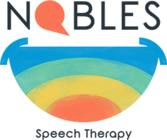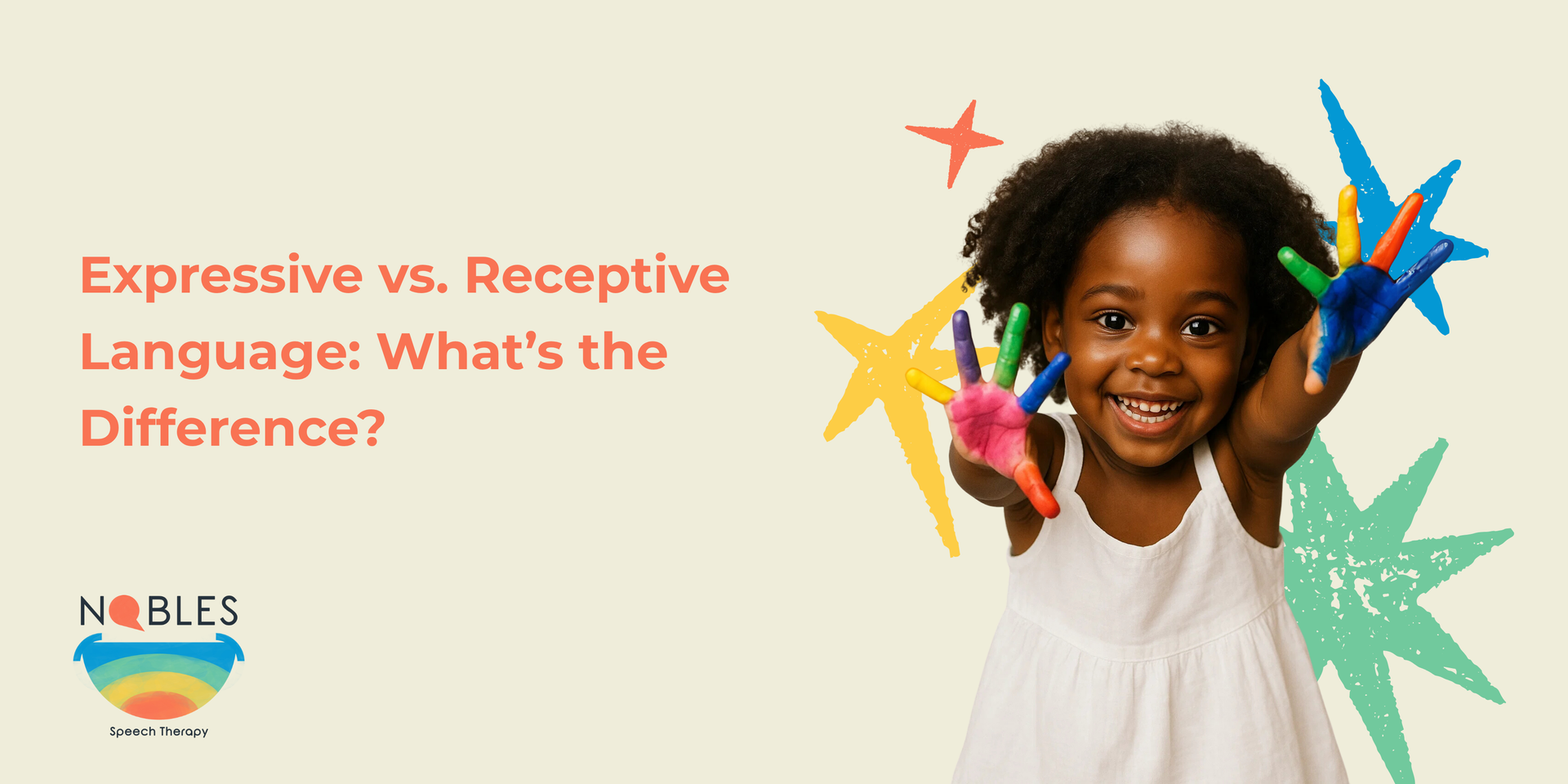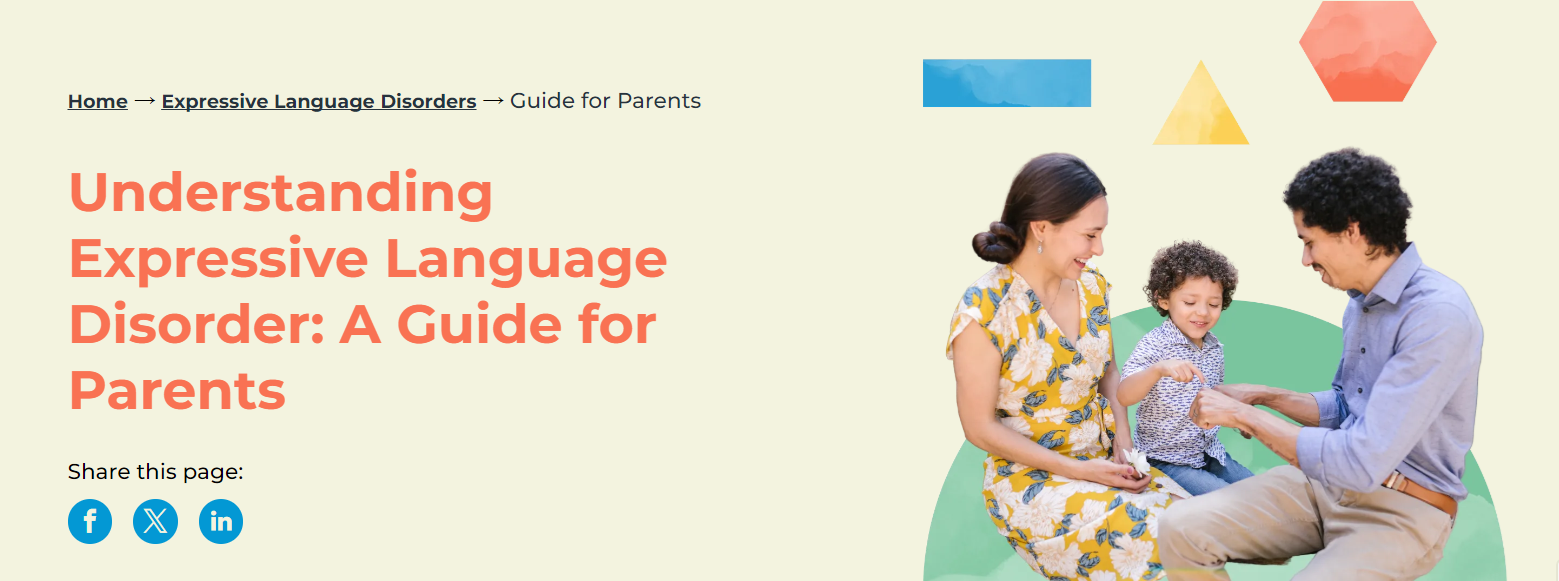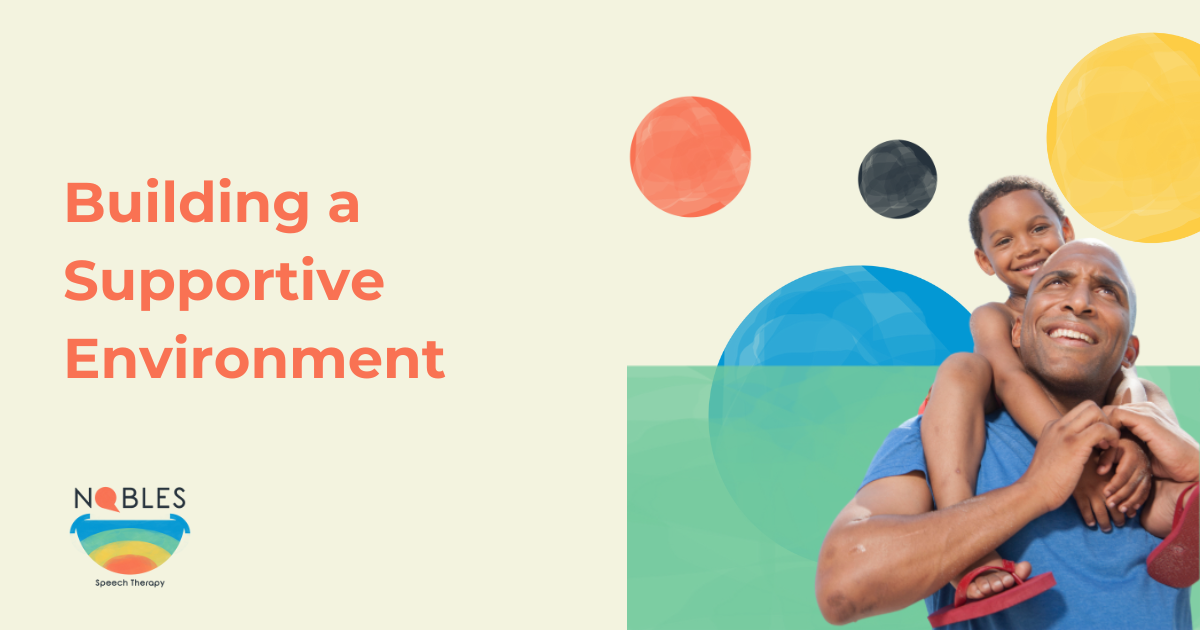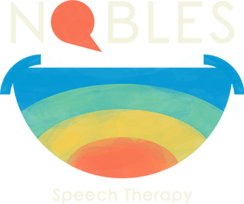Share this page:
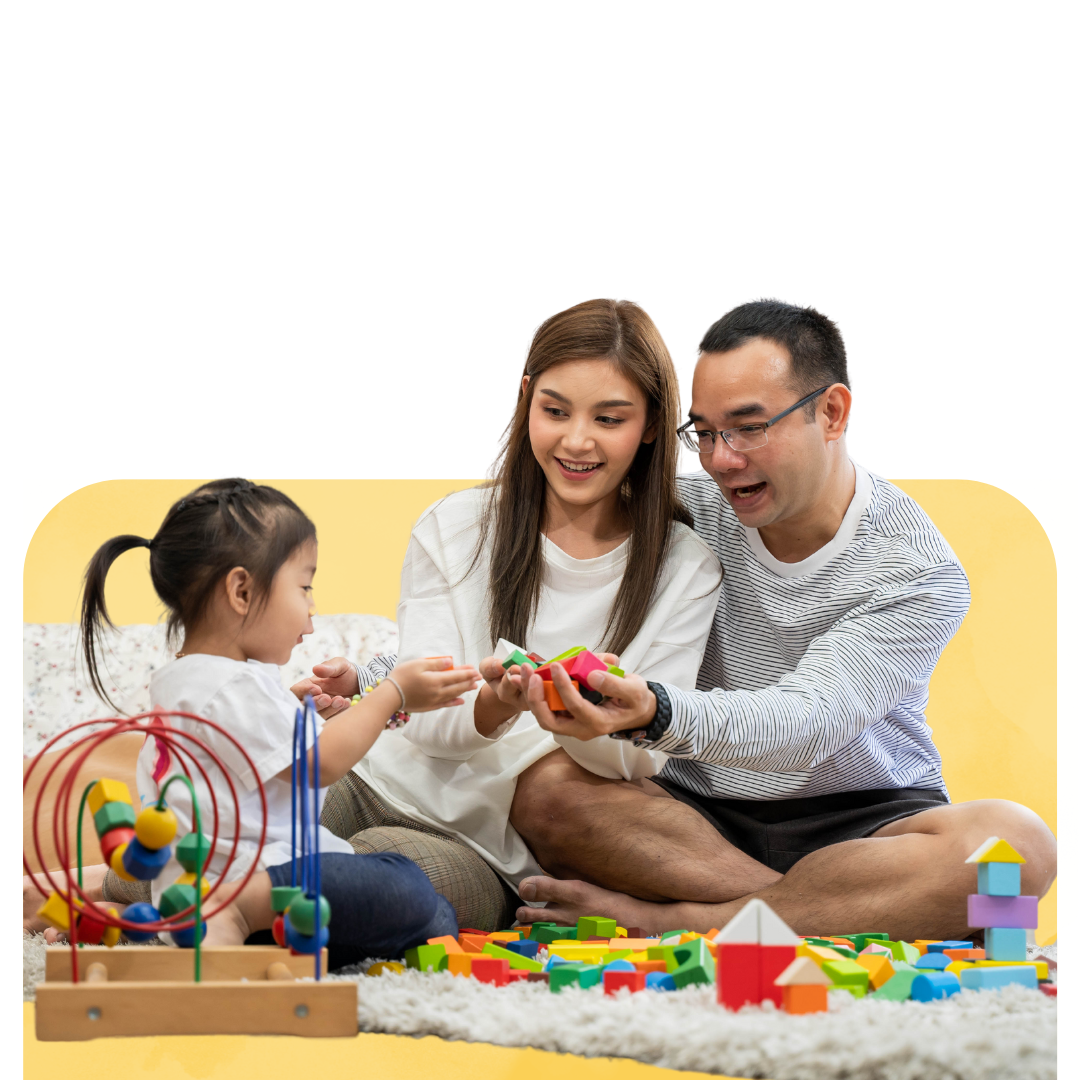
Family interactions are essential to the development of your child’s language skills. Creating a supportive family environment through daily conversation, story reading, and games helps enhance language skills at home.
Daily interaction and activities are even more important for children with expressive language disorder (ELD), who process words and word information differently. ELD impacts their ability to meet language and vocabulary development milestones, making it difficult for them to communicate both verbally and in writing. Here, we share expressive language disorder strategies for parents, along with fun activities and games you can use every day.
Simple and Effective Language-Boosting Activities
You can help your child progress from nonverbal to verbal language using home treatment expressive language disorder games and activities that help develop first words and simple phrases. Language skills activities set the foundation for future communication and academic success. Play is one of the best ways to enhance language with young children using the following
home speech therapy tips:
Singing
Singing and nursery rhymes are the perfect activities when kids are bored, traveling or getting ready for bed. Repetition builds vocabulary naturally, helping children recognize words and how to form speech.
Label Objects
Labelling vocally expresses words to identify objects you use and encounter every day. Whether it’s pointing out trees, flowers, and children in the park, calling out things you see while driving in the car, or repeating words for objects you use every day like toothbrushes, books, spoons, phones, etc., every word you repeat and object you label teaches your child new words.
An easy way to do this is to play “I Spy” where you point out things you see, such as “I spy a tree,” “I spy a dog,” or “I spy a fountain.” As your child learns to say words, they can join in. You can also make the game more advanced. For example, say “I spy something green” and have your child tell you what green objects they see. You can also help them learn about different sounds that form words by saying, “I spy something starting with ssssss or bee.”
Play Telephone
Playing telephone using your cell phone or a toy phone helps teach your child common social words such as “hello” and “goodbye.” It’s also a good way to develop conversation skills. However, this game can be played at any age, even when your child hasn’t said their first word. Making actual phone calls to family members such as grandparents also encourages them to use new words and gain confidence in their social skills.
Always Use Sentences
When engaging with your child, it’s important to use complete sentences instead of adapting to their “baby” words. For example, if your child asks for water by pointing and saying “wawa,” you should respond by saying, “Yes, here is your water.” By indulging their early pronunciation, you encourage them to continue using this easier phrasing, which can interfere with their language development.
Use Toys or Puppets to Encourage Conversations
Play acting funny conversations with toys or puppets helps your child develop new phrases and learn to speak using complete sentences. Your character should be the question-asker, creating a fun persona that encourages your child to participate. If your child’s answers are incomplete, use this as a teaching opportunity. For example, if you ask, “How is the weather today?” and they reply, “Rain,” you might say, “Yes, it is really raining hard today,” to teach them how to say longer phrases.
Read Aloud
This is the most important activity to share with infants and toddlers. Introducing books to children at a young age creates a lifelong love of reading that helps develop writing and comprehension skills. Choose exciting, colorful books with entertaining stories and quirky characters to pique their interest. Also, they should point out pictures and use labeling to help them see the connection between words and objects.
Incorporating Language Skills into Daily Routines
Labeling is one of the best expressive language disorder strategies for parents to integrate into their everyday activities. When grocery shopping, pick up different fruits and vegetables and say the word to your child or see if they can tell you what it is. As your child gets older, introduce adjectives and colors to enhance their vocabulary, such as adding yellow to banana or round to orange. By doing this every day, you create a regular practice that enhances your child’s vocabulary.
You can also develop these practices as your child gets older using the following home treatment expressive language disorder tips:
- Share stories about your day to help them learn more words and phrases
- Model correct language as they learn new words by repeating misspoken words and phrases properly such as correcting “Her is pretty” by saying, “Yes, she is pretty.”
- Introduce adjectives to help them develop longer phrases, such as saying, “This apple is sweet and red” at snack time or “Your shirt is yellow and soft” when getting dressed.
- Present choices in conversation to make it easier to answer, such as “Would you like to go for a walk or to the park?” instead of simply asking, “What would you like to do today?”
Using Technology to Support Language Development
There is a wide variety of age-appropriate apps and digital tools available to help children enhance their communication skills. When approached properly, your child will feel more motivated to learn and engage with characters and situations that come to life on the screen. This helps capture and maintain their attention while they learn.
Monitoring time spent on these apps and working with your child as they use them is essential. Otherwise, using apps can interfere with effective speech due to a lack of person-to-person contact. The apps should facilitate speech and language as a secondary tool to support one-on-one interactions, not replace personal interactions. It’s important to choose age-appropriate apps to avoid frustration. Also, choose an appropriate time when your child is well rested and fed so they are more open to learning.
Resources for Continued Learning and Support
Some additional resources to enhance your knowledge include:
https://www.nidcd.nih.gov/health/speech-and-language
https://www.noblesspeechtherapy.com/language-activity-request
You can also explore the following apps:
If you suspect your child might have a learning or language disorder, reach out to our child speech language pathologist.
Click here to learn more about ELD and the Nobles Speech Therapy treatments are available.
Share this page:

